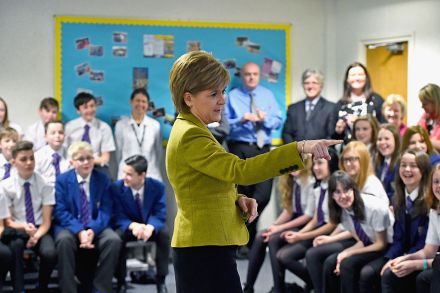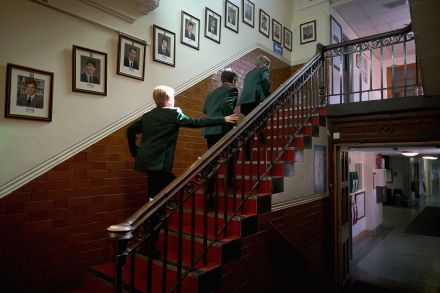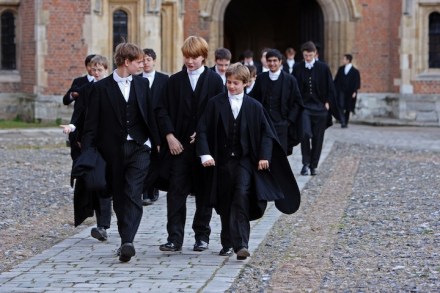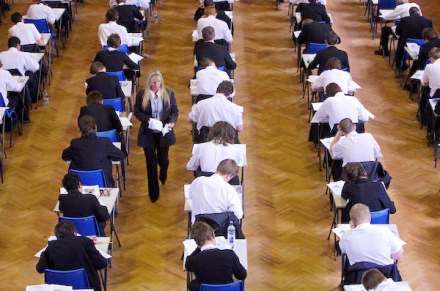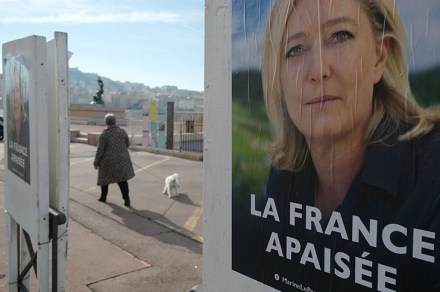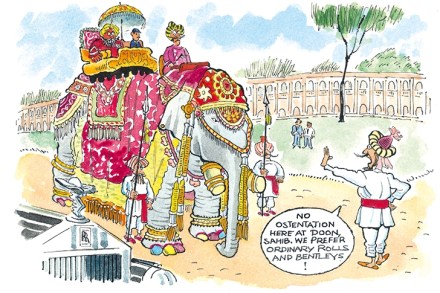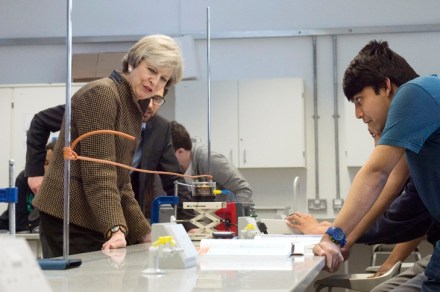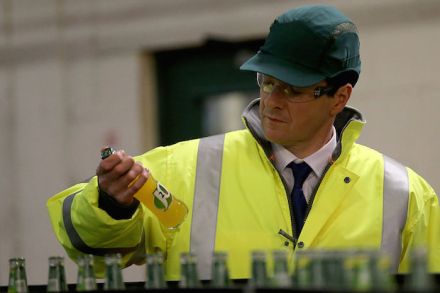Letters | 1 June 2017
Ignoring the hadith Sir: Douglas Murray and Jenny McCartney (‘The known wolf’ and ‘A war on joy’, 27 May) are correct to cite hatred of women and young girls and fear of their independence as a trigger for terrorist violence — witness Malala Yousafzai. But it is of course not the only trigger since, denial notwithstanding, it is against the generic and non-gender-specific ‘infidel’ that the Koran fulminates. The prohibition said to exist against killing women and children in war is not found in the Koran (of divine infallibility) but in the hadith (of debatable provenance on a case-by-case basis). The alleged prohibition thus forms a secondary and ultimately dispensable



